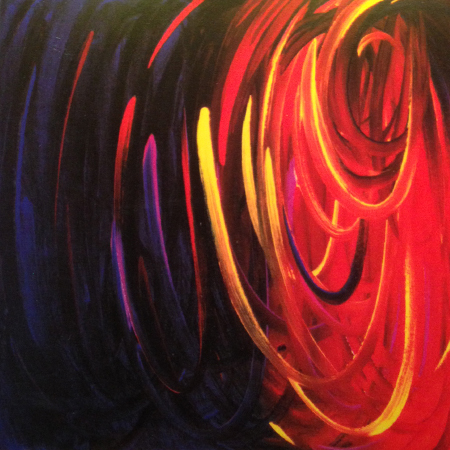The Pain
A succinct description of grief is pain and disruption. Of all things experienced in grief, intense pain is the one that most often makes people question their ability to weather the loss. It motivates them to seek help of some kind. Bereaved people report physical pain, emotional pain, mental pain, and spiritual pain.
In addition to the well-known “broken heart”, the pain may be headaches, back pain, stomach pain and digestive problems. Pain where the deceased had pain is known as “sympathy pains".
The emotional, mental, spiritual pain is often the worst and most disabling. People often use metaphorical or poetic language to convey their experience. For example “pain that goes beyond the bounds of my body”. People often wonder how the pain does not kill them too.
Pain is commonly a sign that something is wrong. Bereaved people often believe something must be wrong because of the intense pain they experience. It is natural to want to avoid or get out of the pain, and find a solution to this “problem”.
Unlike other circumstances in our life, the pain of grief is not an indicator of something wrong. It is an accurate representation of the relationship with the person who died and the fact of their death. The human reaction to the loss and finality of death is often pain.
Contrary to common beliefs about what helps the pain diminish; “stay busy”, “time heals”, “get on with your life”, it is finding meaningful expressions of the grief and receiving acknowledgment and validation that reduce our pain over time. Expressions of our pain that are meaningful relative to who we are, who it is that died, and who the deceased is to us provide relief. This may be sobbing, creating a memory book, poetry, or other art, traditional rituals or other ceremonies, dedications and activities honoring the deceased, and other things. Acknowledgment of the importance of the person who died and their death, and validation for our painful, disruptive reaction eases our pain.
As we actively mourn, pain as a dominant experience in our daily life ends. We most always retain some pain associated with our loss. We might experience it upon anniversaries, visiting gravesites, or in response to other reminders, but the painful grief that has defined our life subsides.
